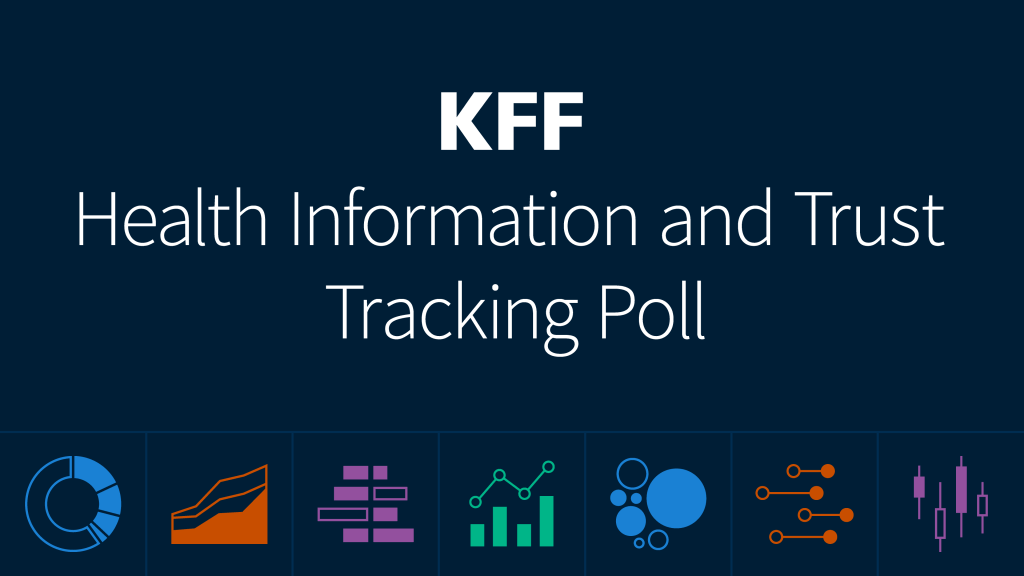As COVID-19 Divisions, Attacks, and Misinformation Take Their Toll, Less Than Half of the Public Is Confident That the CDC and FDA Can Carry Out Core Functions
Five years after the start of COVID-19 pandemic and the communications challenges, divisions, and false claims that followed, less than half of the public say they have at least some confidence in the federal government’s health agencies like the Centers for Disease Control and Prevention (CDC) and the Food and Drug Administration (FDA) to carry…
